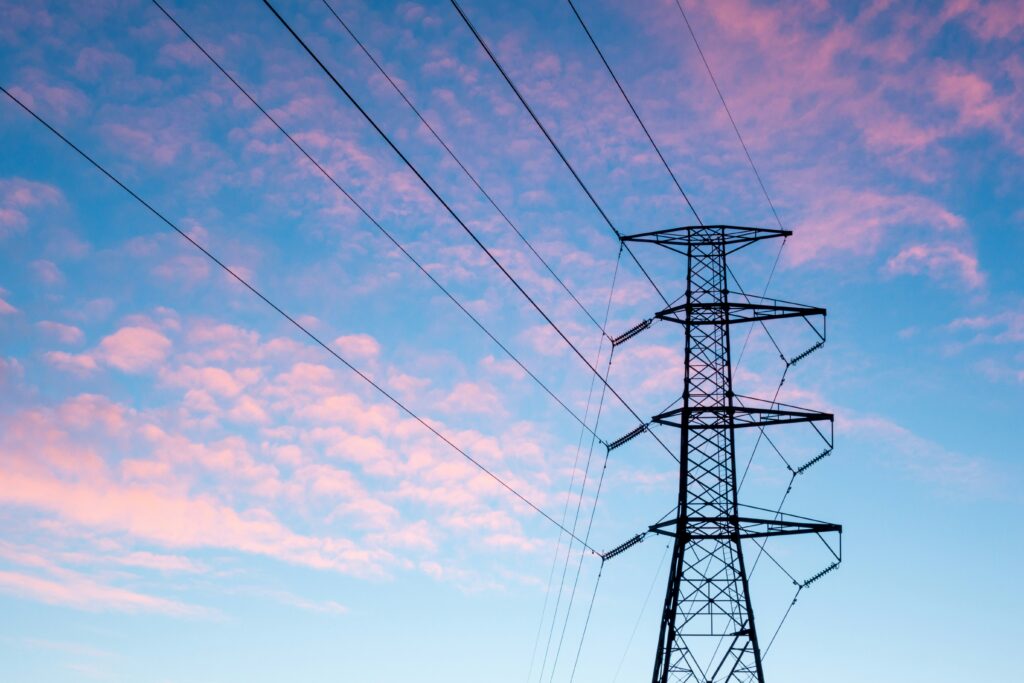The European electricity trade association, Eurelectric, is calling on the European Union to urgently update its energy security strategy. The existing plan, which dates back to 2014, is outdated and does not address current risks like cyberattacks and raw material shortages. Rising gas prices and suspected sabotage of power systems have further exposed vulnerabilities in Europe’s energy sector.
Leonhard Birnbaum, the president of Eurelectric, stressed that ensuring the security of energy supply should be a top priority for EU policymakers. Speaking at the Munich Security Conference, he warned that power grids are at growing risk due to increasing reliance on electricity.
Cyberattacks: A Bigger Threat Than Physical Attacks
Birnbaum highlighted that the biggest risk to Europe’s energy system is no longer physical damage but cyberattacks. “I believe that cyberattacks are a more imminent threat to Europe than military action or sabotage,” he stated.
The growing digitalization of energy infrastructure has made it more vulnerable to hackers. Power grids, wind farms, and nuclear plants are all connected to digital networks, making them potential targets for cybercriminals. A major attack on any part of the grid could cause widespread blackouts and disrupt industries. Recent cyberattacks on power networks in Ukraine and the UK have shown how real the threat is.
EU’s Slow Response to Energy Security Risks
The European Union has plans to phase out Russian fossil fuel imports by 2027. However, despite the clear risks, it has not included a new energy security strategy in its 2025 agenda. The European Commission has assigned Energy Commissioner Dan Jørgensen the task of updating the security framework. This new strategy must address multiple threats, including cyberattacks, extreme weather events, and supply chain disruptions.
Experts argue that the EU is moving too slowly. The transition to renewable energy is crucial, but delays in building new infrastructure and slow approval processes for wind farms are making the situation worse.
Urgent Need to Secure Raw Materials
Eurelectric also warned about a shortage of raw materials necessary for renewable energy projects. The EU depends on imports for key minerals such as lithium, cobalt, and nickel, which are essential for making batteries and other clean energy technologies. China currently dominates the global supply chain for these materials, raising concerns about Europe’s energy independence.
If the EU does not secure alternative sources, it may struggle to meet its renewable energy targets. The European Critical Raw Materials Act, proposed last year, aims to address this issue by diversifying supply chains and increasing domestic mining, but progress has been slow.
Renewable Energy Push Faces Roadblocks
The EU has ambitious goals for expanding renewable energy. However, the slow approval of wind farms in many countries is delaying progress. WindEurope, an industry body, has warned that permitting processes are a major bottleneck.
Germany has managed to speed up wind power projects by classifying them as a matter of “overriding public interest.” This move has helped reduce bureaucratic delays and could serve as a model for other EU nations.
No Return to Coal Despite Challenges
Despite concerns about energy security, the EU has no plans to return to coal. Birnbaum made it clear that clean energy remains the way forward. “Innovation and economics favor clean energy,” he stated.
Even during the energy crisis triggered by Russia’s invasion of Ukraine, most EU countries resisted the temptation to expand coal power. Instead, they focused on securing alternative gas supplies and boosting renewable energy investments.
Future Steps for a Secure Energy Transition
Eurelectric is pushing for rapid action from the EU to address these pressing issues. The association argues that strengthening power grids, securing raw materials, and accelerating renewable energy projects are key steps to ensuring a stable energy supply.
With growing threats from cyberattacks and geopolitical instability, the EU cannot afford to delay its energy security reforms. The European Commission must act now to protect the continent’s power system and ensure a sustainable future.
For more updates on energy policies, visit Euro News 24.
